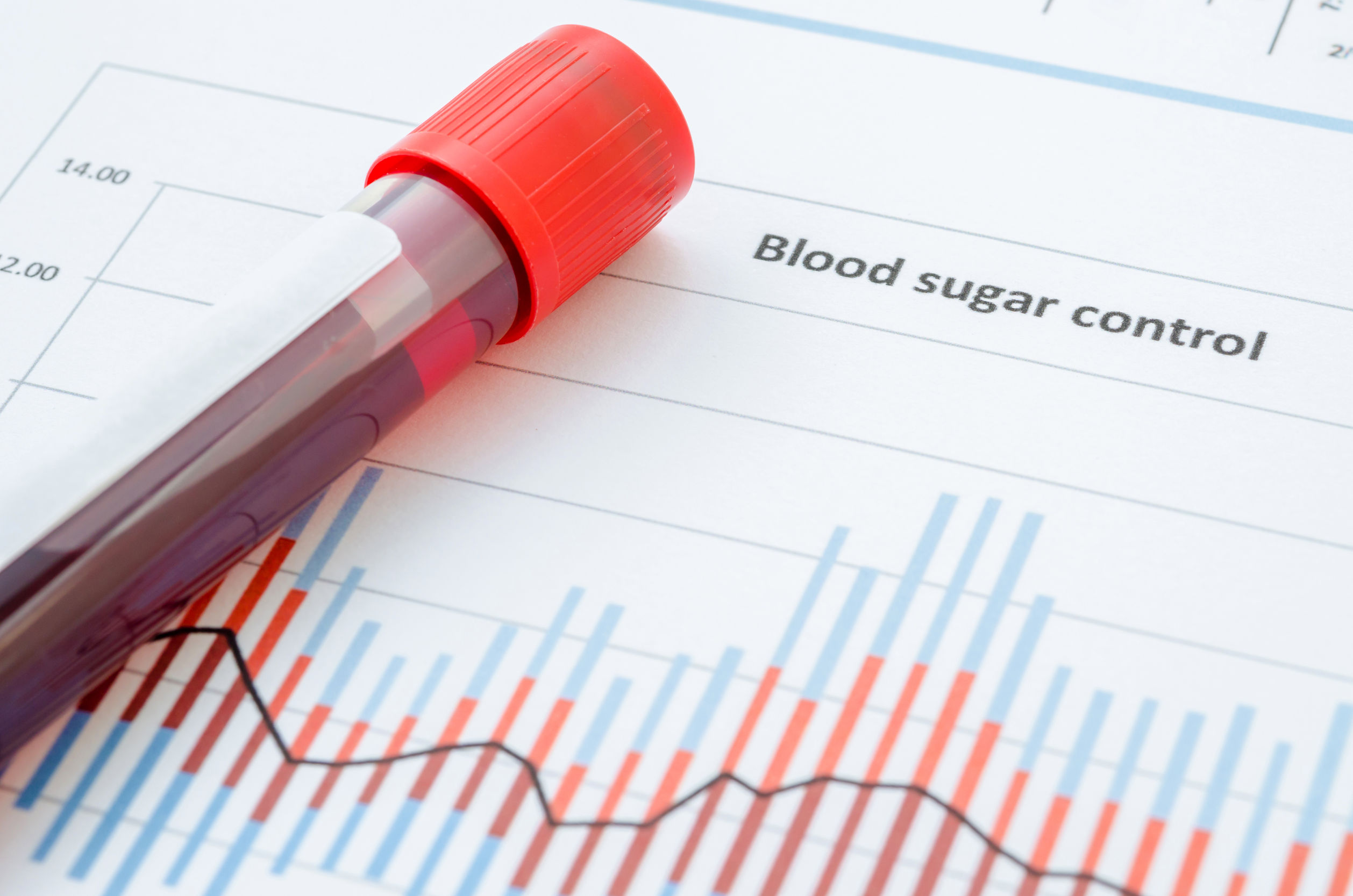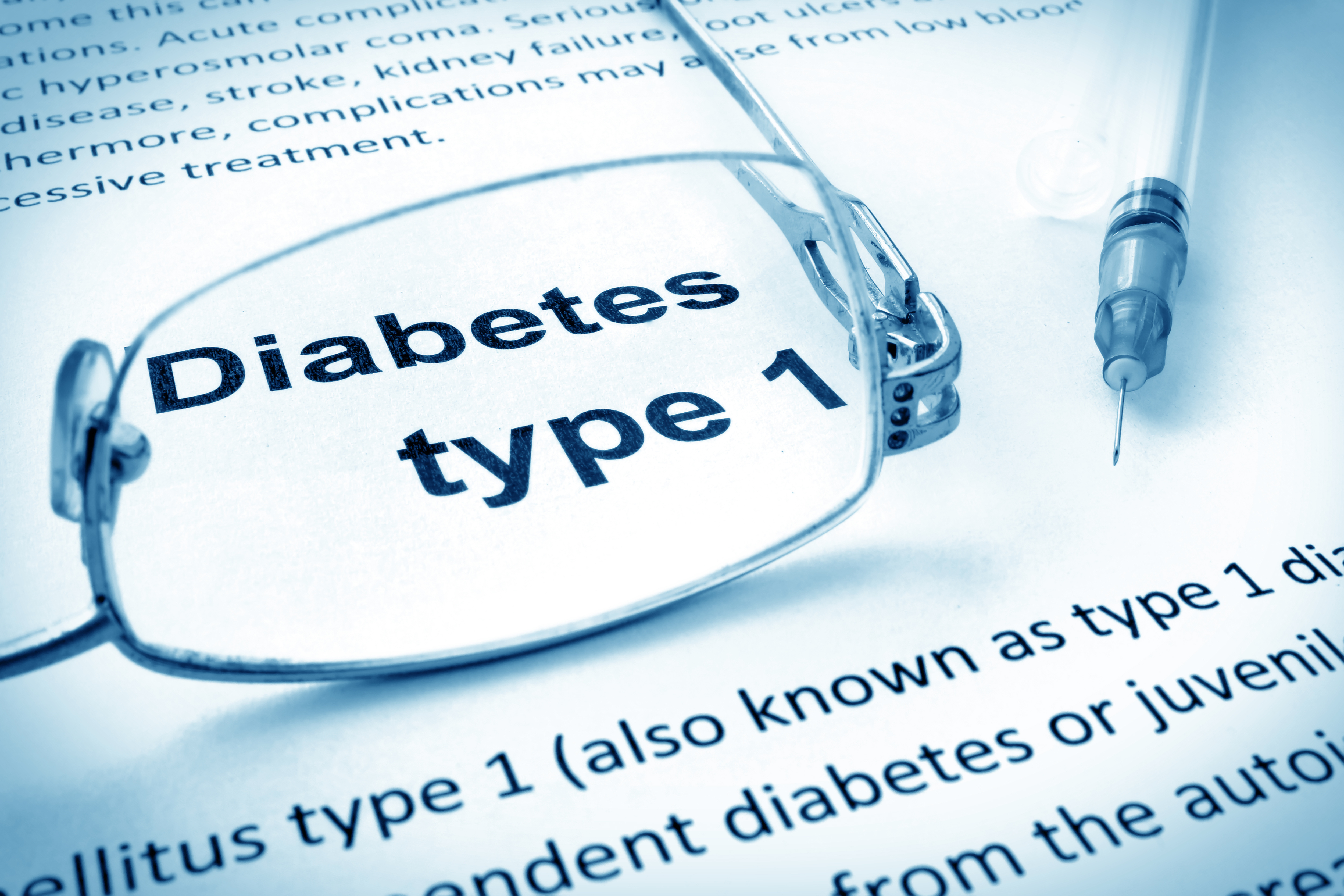World Diabetes Day
1 in 2 people globally have undiagnosed diabetes
World Diabetes Day is held annually on November 14, the same day in 1922 insulin was discovered by Sir Frederick Banting and Charles Best. Diabetes is a chronic condition characterised by high levels of glucose in the blood. As the incidence of diabetes has increased, so too has the awareness of diabetes in the community. The theme of WDD for 2018 and 2019 is ‘The Family and Diabetes,’ aiming to highlight the “impact diabetes has on the family and support networks”, and “promote the role of the family in management, care, prevention and education of diabetes.”
The main types of diabetes are type 1 diabetes, type 2 diabetes and gestational diabetes.
It is estimated 6%, or 1 in 17 Australians have diabetes. Unfortunately the prevalence of all forms of diabetes has been increasing. Aboriginal and Torres Strait Islanders, and people living in remote and very remote areas of Australia are at increased risk of developing, being hospitalised and dying from diabetes.
In keeping with the theme of The Family and Diabetes, we’ll briefly discuss how you can tap into your support networks to get the most out of life with diabetes.
Family


This is generally where you spend a majority of your time, so the ideas you implement here will have the greatest effect. Your family can:
- Provide you with encouragement to engage any advice offered by your health care team.
- Join in on lifestyle changes such as going for a weekend walk or having a home cooked dinner.
- Keep a look out for any changes in your health, or their own health to reduce the risk of progression of diabetes or diagnosis in other family members respectively.
Friends
- Provide you with encouragement to maintain the changes started at home, at work or at social events.
- Be part of a social or competitive group such as football or running to help you maintain or improve your physical and mental health.
Health Professionals
- Although much education about diabetes will come from health professionals, ask your GP, diabetes educator or allied health professional about how you can empower yourself by directing you to additional educational resources. Your health professional will help you with any follow-up questions you might have.
Sources:
[1] https://www.aihw.gov.au/reports-statistics/health-conditions-disability-deaths/diabetes/overview
[2] https://www.worlddiabetesday.org/about-wdd/wdd-2018-19.html
